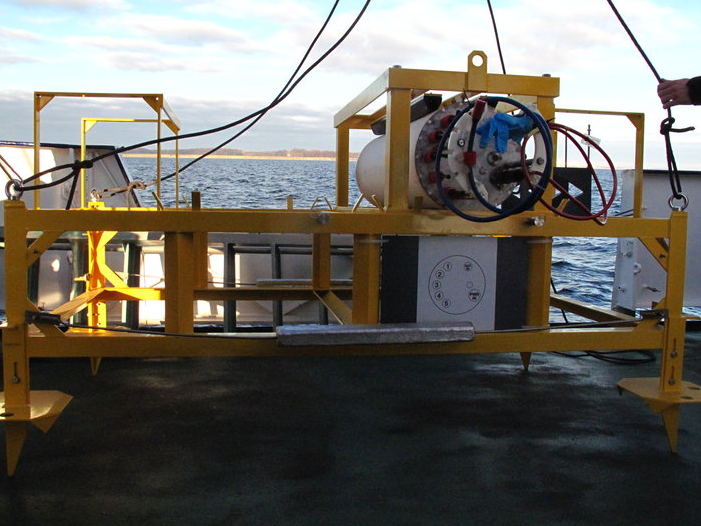'Priceless’ underwater monitoring station mysteriously disappears from seabed
'They found only the torn off land cable. It was completely shredded,' scientist says

Your support helps us to tell the story
From reproductive rights to climate change to Big Tech, The Independent is on the ground when the story is developing. Whether it's investigating the financials of Elon Musk's pro-Trump PAC or producing our latest documentary, 'The A Word', which shines a light on the American women fighting for reproductive rights, we know how important it is to parse out the facts from the messaging.
At such a critical moment in US history, we need reporters on the ground. Your donation allows us to keep sending journalists to speak to both sides of the story.
The Independent is trusted by Americans across the entire political spectrum. And unlike many other quality news outlets, we choose not to lock Americans out of our reporting and analysis with paywalls. We believe quality journalism should be available to everyone, paid for by those who can afford it.
Your support makes all the difference.A “priceless” environmental monitoring station has mysteriously disappeared from the seabed off Germany’s Baltic coast, sparking a police investigation.
The large observatory, worth around £270,000, is used to measure seawater quality, including levels of salt, methane and oxygen, as well as temperature.
The Helmholtz Centre for Ocean Research (Geomar), a government-funded institute in Kiel, said on Monday the station and another smaller unit – weighing a total of 770kg - had been removed “with great force” from a “restricted area” in Eckernförde Bay last month.
All that remained when divers visited the scene last week was a “shredded land connection cable”, which had provided power to the station.
After scientists stopped receiving data from the observatory on the evening of 21 August, project coordinator Dr Hermann Bange said researchers initially thought it was a “transmission error”.
But “when the divers reached the bottom of the sea last week at the observatory's location, they found only the torn off land cable. It was completely shredded,” he said.
Due to the weight of the machines, Geomar said it was ruling out storms, currents or marine animals as possible culprits.
Police are investigating, but Dr Bange appealed for witnesses who may have seen anything from the coast. He also said there may be missing parts “somewhere on the beach”.
"The data that we collect is downright priceless. They help research to register changes in the Baltic Sea and possibly take countermeasures. Therefore, we will try to get the observatory back up and running as soon as possible,” Dr Bange added.
Join our commenting forum
Join thought-provoking conversations, follow other Independent readers and see their replies
Comments